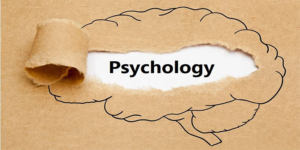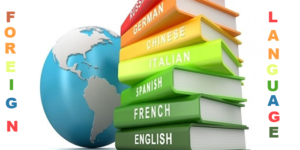
Music is a form of art and entertainment that involves the organized arrangement of sounds and silence. It can be found in all cultures, and has been an integral part of human life since ancient times. Music can be divided into categories such as classical, jazz, rock, pop, hip hop, and folk. It can also be divided into genres such as country, blues, and electronic. Music can be used to evoke emotion and can be used as a form of therapy. Music has been linked to improved cognitive function, increased creativity, and better mental and physical health.
Importance of Music
Music is an important part of life and culture. It can be used to express emotions, spark creativity, foster relationships, and even create positive change. Music has the power to bring people together and provide an escape from reality. It can be a source of comfort, a way to make connections, and a form of self–expression. Music also has the potential to influence our behavior, perceptions, and even our emotions. For example, certain types of music can be used to reduce pain and anxiety, while others can help to improve focus and concentration. Music can even help to improve mental and physical health. Lastly, music has the power to bring people together and create a sense of community. In short, music is an essential part of life and a powerful tool that can be used to make a positive impact in the world.
Purpose of Music
The purpose of music is to provide entertainment, to express feelings, thoughts, and emotions, to tell stories, to communicate, to reflect culture and to provide a spiritual connection between people. Music can also be used as a form of therapy and to provide catharsis.
How To Find Tution and Teacher For Music
1. Ask Friends and Family for Recommendations: Start by asking friends, family and other acquaintances for music teacher or tuition recommendations. If they don‘t know any, they may know someone who does.
2. Search Online: Look for music tuition and teachers in your local area using online resources such as Google, Yelp or Local.com. You can also search through the websites of music schools and conservatories in your area.
3. Check Social Media: Many music teachers and tuition providers advertise their services on social media platforms such as Facebook and Twitter.
4. Contact Your Local Music Store: Your local music store may be able to put you in contact with local music teachers and tuition providers.
5. Ask at Your School: If you‘re a student, ask your music teacher or guidance counselor if they have any recommendations for music tuition or teachers.
6. Ask Your Musician Friends: If you know any musicians in your area, they may be able to point you in the right direction.
7. Check Out Professional Organizations: Professional organizations such as the National Association of Music Educators (NAfME) and the American Federation of Musicians (AFM) may be able to provide you with resources for finding music tuition and teachers.
8. Attend Concerts: Many local music teachers and tuition providers advertise their services at concerts or music events in your area.
Point That Cover in Music
Music has the power to convey a wide range of emotions and ideas, and can be used to illustrate many points. It can be used to set the mood for a scene in a movie or television show, or to evoke a particular feeling in a listener. Music can also be used to make a political or social statement, or to express a particular point of view. Music can even be used to explain a concept or process, such as in educational songs or jingles. Music can be used to make a powerful point, even if it is only a few simple notes.
Future of Music
The future of music is an exciting one. Technology is rapidly changing the way we create and consume music, and it‘s likely that the future of music will be more interactive and immersive. We can expect to see more collaboration between musicians and other artists, such as visual artists, and more sophisticated use of artificial intelligence and machine learning to create new sounds. We will also see a move towards more personalized music experiences, where the sounds and production are tailored to the individual listener. We may even see virtual reality used as a way to experience music and create new ways for people to interact with it.






